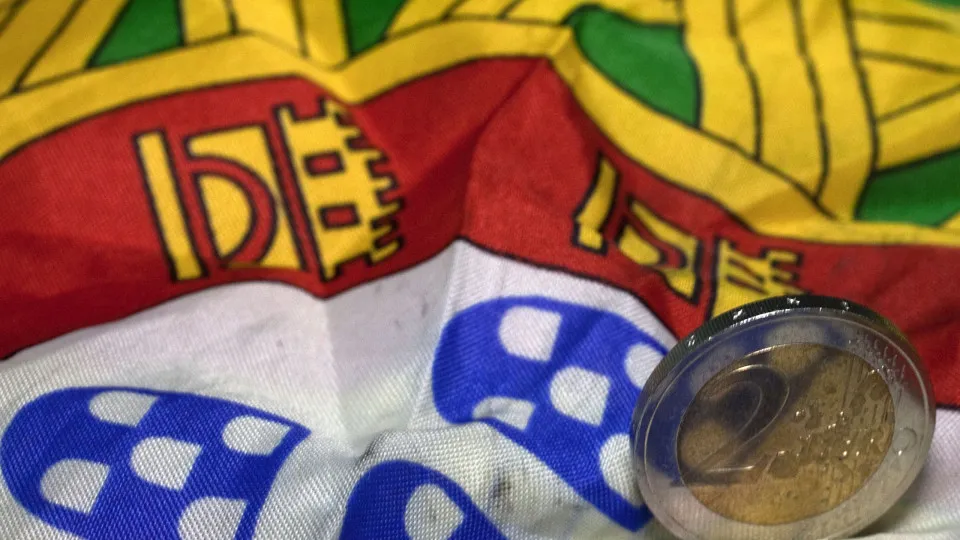
Action and translation of the texts are handled by Maria Teresa Dias Furtado, an expert on the works of the Austro-Hungarian poet born 150 years ago in Prague (now Czech Republic).
“The Notebooks of Malte Laurids Brigge” (1910) is “the first [novel] of German modernity,” states the translator.
The publication of the anthology, titled “Exposed on the Mountains of the Heart,” by Assírio & Alvim, is part of the celebration of the 150th anniversary of his birth.
In the preface of the book, Maria Teresa Furtado asserts that Rilke (1875-1926) “was perhaps the last poet to live as such, that is, widely read and appreciated.”
The book “Exposed on the Mountains of the Heart” will be presented on Friday at 18:30 at Livraria Ler Devagar in Lisbon, by the translator, who will read some of the poems, and by the poet and former Minister of Culture Luís Filipe Castro Mendes.
The text “Testament” is “a fundamental document to understand the crisis Rilke was submerged in before finding the light that allowed him to complete his two masterpieces, ‘The Duino Elegies’ and ‘Sonnets to Orpheus’,” also published in Portuguese, translated by Maria Teresa Furtado.
This is “a curious text with a fictional editor, where the poet intends to act on reality through testamentary will, as evident in the epigraph he chose to open this work, thus seizing his destiny,” explains the translator and organizer of the work.
Rainer Maria Rilke, “with an intense social life,” interacted with the aristocracy and businessmen of his time, who “provided him with palaces and castles to quietly begin and complete his works,” and captured the public’s attention in 1905 with “The Book of Hours.”
Furtado notes that before maturing as a poet, Rilke “apprenticed in many styles and forms, gathering various cycles of poems,” but stood out by being “the one who most intertwines words with works of art, from icons to landscapes, to the sculpture of [Auguste] Rodin and the painting of [Paul] Cézanne.”
It is noteworthy that Rilke was even Rodin’s secretary, who advised him to always work and be patient.
About Rilke, the researcher has no doubts: “A poet above all, his life was dedicated to this genre which he considered supreme.”
“Let us sing his work, admiring poems, letters, prose” of a “world poet that Rilke is, great among the greats, greater among the greatest,” concludes Maria Teresa Dias Furtado.




